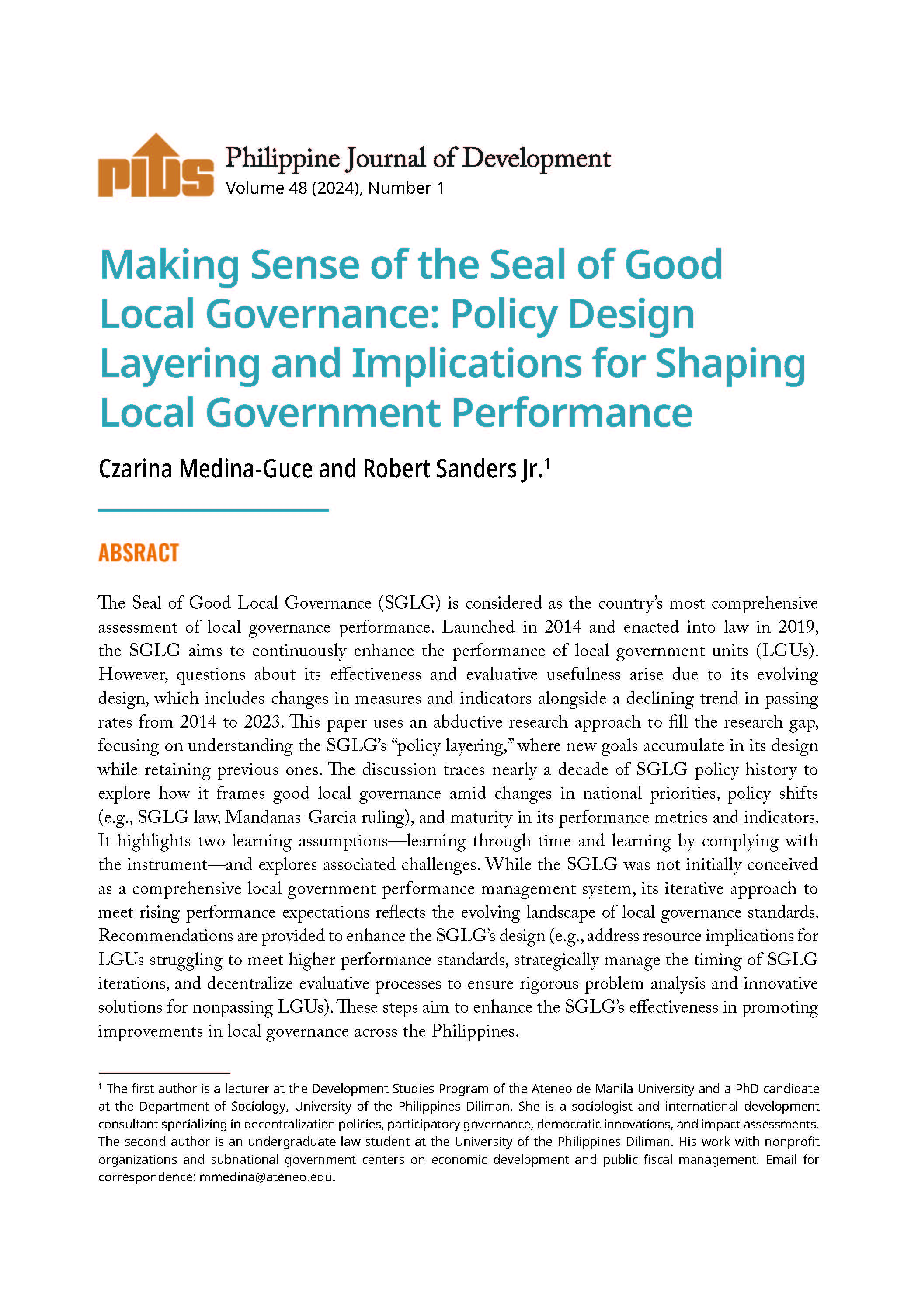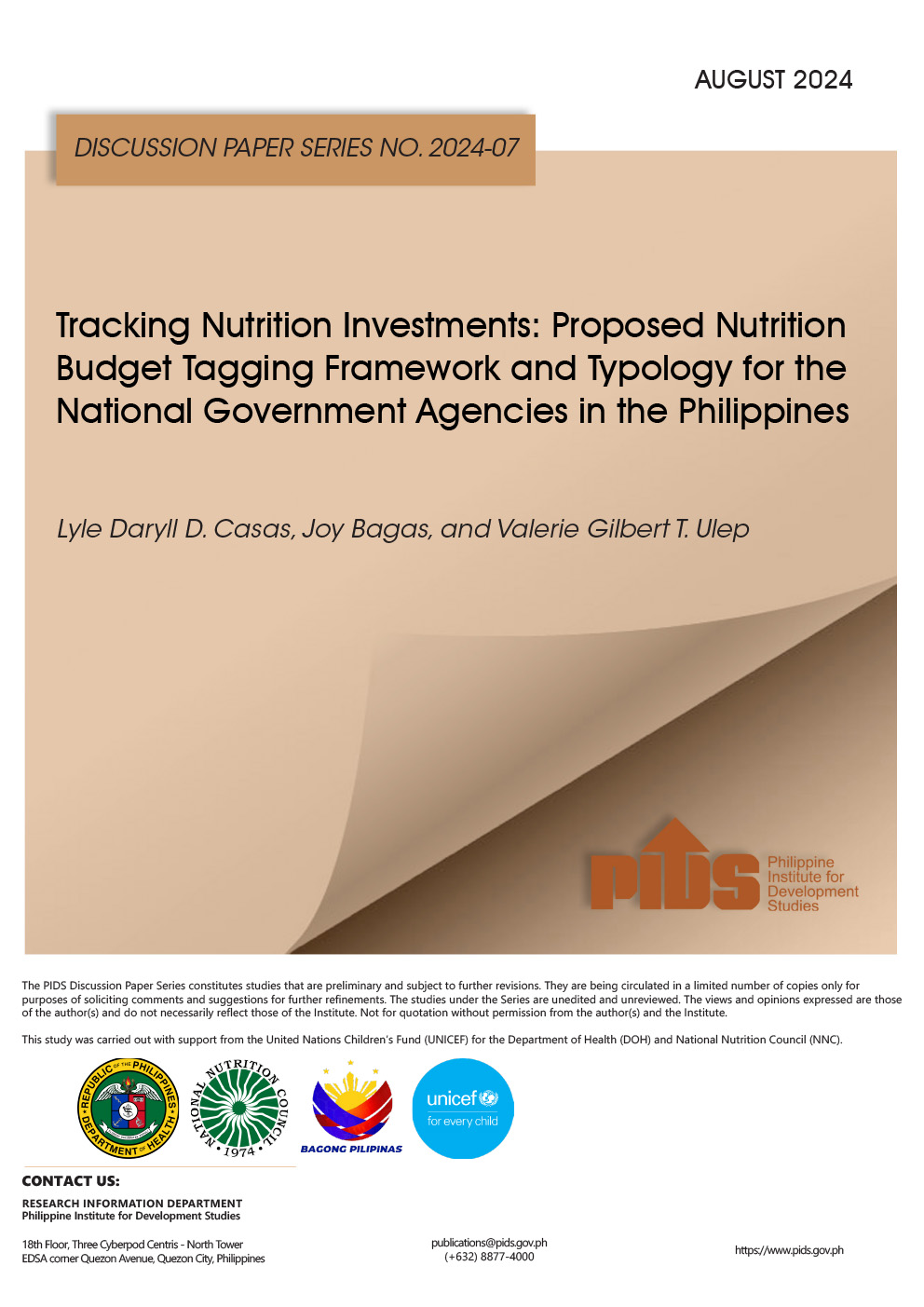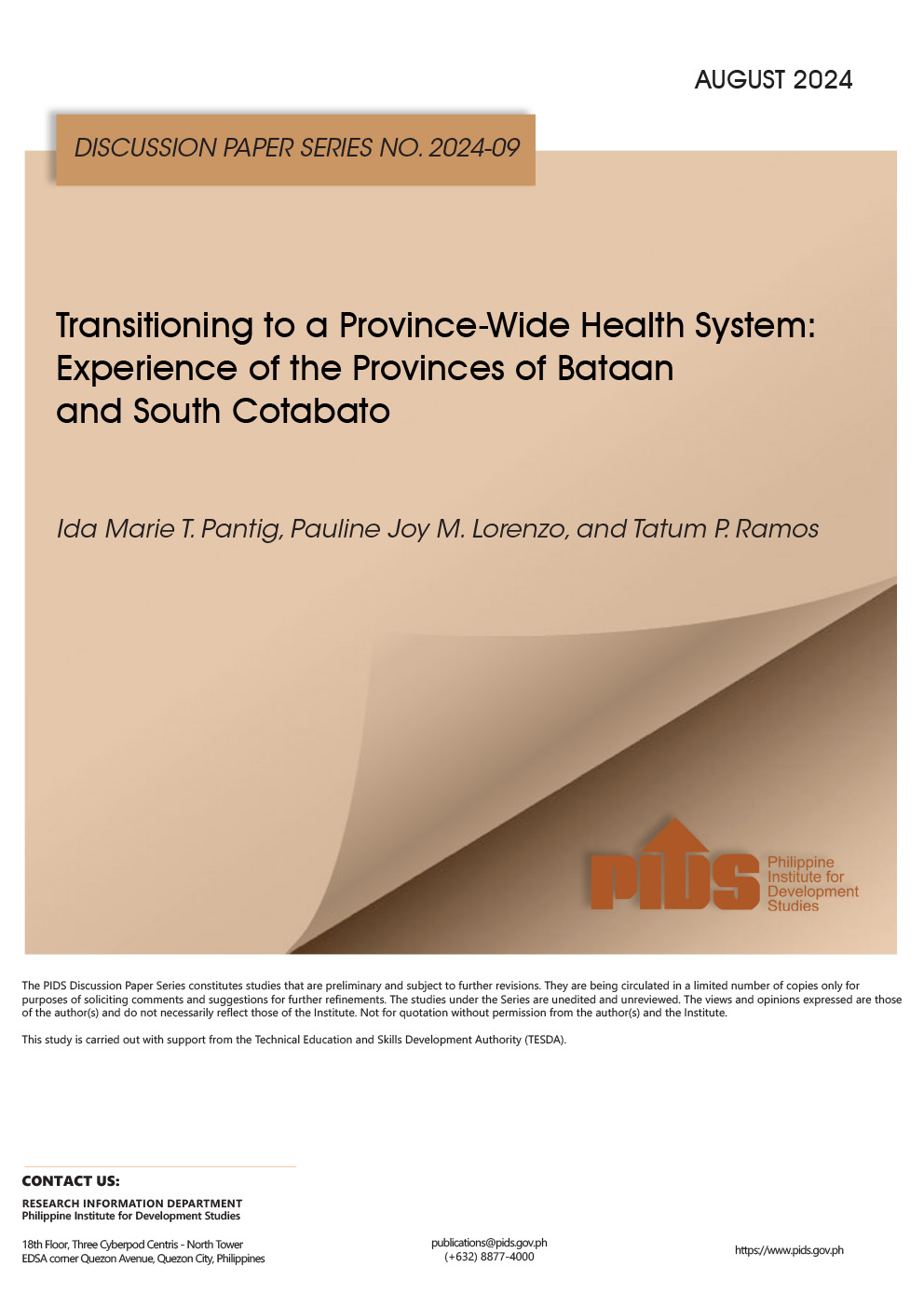The government is racing against time to come up with a new law that will replace rice-import quotas with tariffs by June 30, according to an official of the National Economic and Development Authority (Neda).
Neda Assistant Secretary Mercedita A. Sombilla also said the government is considering all possible alternatives as the expiry of the quantitative restriction (QR) on rice extended by the World Trade Organization (WTO) nears.
Sombilla said a bill to amend Republic Act (RA) 8178 has already been drafted, but it has yet to reach Congress, as it will be subjected to consultations.
“Definitely, we may not be able to amend RA 8178 before June 30. We still have to consult a lot of agencies with regard to that because there are sensitivities about the matter,” she told reporters in an interview on Monday.
Sombilla said the government is looking at other options to fulfill the country’s obligations to the WTO while the amendment of RA 8178 is ongoing.
“There are measures that we are actually discussing with agencies on how best we would tackle this issue,” she said.
“We have to talk about alternative measures. It’s not acceptable that the traders and stakeholders are left hanging,” Sombilla added.
Philippine Institute for Development Studies senior research fellow Roehlano Briones, however, warned that the Philippines could be involved in legal disputes if it fails to lift the QR on rice.
“There would be implications if RA 8178 will not be amended. Other WTO members could insist on their right to export [more] rice to the Philippines,” Briones told the BusinessMirror.
“The government can say we still have the QR [due to the continued existence of RA 8178], but WTO members could say it’s not our fault. So we could be subjected to legal disputes the longer we maintain the inconsistencies between domestic laws and international treaties,”
he added.
Briones said Congress could consider filing a “simple amendment” and to assign an equivalent tariff for the rice import caps. “Basically, the amendment repeals the provision for the QR and sets the equivalent tariff based on the WTO rules.”
Upon its accession to the WTO in 1995, the Philippines was allowed to enjoy the rice QR for 10 years. Manila was able to secure an extension when it lapsed in 2004.
After it lapsed in 2012, Manila again negotiated for an extension. In 2014 the WTO gave its go signal to the Philippines to implement the QR up to June 30 next year.
According to the WTO General Council Ruling in July 2014, the Philippines should subject rice imports to ordinary customs duties right after the QR-waiver extension expires on June 30.
To do this, Congress needs to amend RA 8178, which allowed the Philippines to retain the nontariff barrier on rice, according to Agriculture Undersecretary Segfredo R. Serrano.
“What I’m telling the economic managers is that even if the WTO waiver expires, the department is duty bound to implement the provisions of RA 8178 because it has no expiry date,” Serrano said.
Earlier, an official of the Neda told the BusinessMirror that the agency would recommend to the President a tariff ranging from 40 percent to 50 percent once the country converts the rice-import quota into tariffs.
Under the QR scheme, rice imports within the minimum access volume (MAV) of 805,200 metric tons per year are slapped with a lower tariff of 35 percent, while imports in excess of the MAV are slapped a higher tariff of 50 percent.//
Neda Assistant Secretary Mercedita A. Sombilla also said the government is considering all possible alternatives as the expiry of the quantitative restriction (QR) on rice extended by the World Trade Organization (WTO) nears.
Sombilla said a bill to amend Republic Act (RA) 8178 has already been drafted, but it has yet to reach Congress, as it will be subjected to consultations.
“Definitely, we may not be able to amend RA 8178 before June 30. We still have to consult a lot of agencies with regard to that because there are sensitivities about the matter,” she told reporters in an interview on Monday.
Sombilla said the government is looking at other options to fulfill the country’s obligations to the WTO while the amendment of RA 8178 is ongoing.
“There are measures that we are actually discussing with agencies on how best we would tackle this issue,” she said.
“We have to talk about alternative measures. It’s not acceptable that the traders and stakeholders are left hanging,” Sombilla added.
Philippine Institute for Development Studies senior research fellow Roehlano Briones, however, warned that the Philippines could be involved in legal disputes if it fails to lift the QR on rice.
“There would be implications if RA 8178 will not be amended. Other WTO members could insist on their right to export [more] rice to the Philippines,” Briones told the BusinessMirror.
“The government can say we still have the QR [due to the continued existence of RA 8178], but WTO members could say it’s not our fault. So we could be subjected to legal disputes the longer we maintain the inconsistencies between domestic laws and international treaties,”
he added.
Briones said Congress could consider filing a “simple amendment” and to assign an equivalent tariff for the rice import caps. “Basically, the amendment repeals the provision for the QR and sets the equivalent tariff based on the WTO rules.”
Upon its accession to the WTO in 1995, the Philippines was allowed to enjoy the rice QR for 10 years. Manila was able to secure an extension when it lapsed in 2004.
After it lapsed in 2012, Manila again negotiated for an extension. In 2014 the WTO gave its go signal to the Philippines to implement the QR up to June 30 next year.
According to the WTO General Council Ruling in July 2014, the Philippines should subject rice imports to ordinary customs duties right after the QR-waiver extension expires on June 30.
To do this, Congress needs to amend RA 8178, which allowed the Philippines to retain the nontariff barrier on rice, according to Agriculture Undersecretary Segfredo R. Serrano.
“What I’m telling the economic managers is that even if the WTO waiver expires, the department is duty bound to implement the provisions of RA 8178 because it has no expiry date,” Serrano said.
Earlier, an official of the Neda told the BusinessMirror that the agency would recommend to the President a tariff ranging from 40 percent to 50 percent once the country converts the rice-import quota into tariffs.
Under the QR scheme, rice imports within the minimum access volume (MAV) of 805,200 metric tons per year are slapped with a lower tariff of 35 percent, while imports in excess of the MAV are slapped a higher tariff of 50 percent.//












